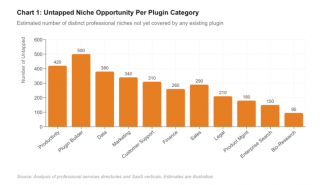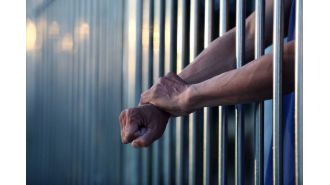The UK's upcoming general election may affect the India-UK Free Trade Agreement and their relationship with the Indo-Pacific region.
UK-India FTA talks postponed as British PM calls for snap summer election on July 4, a month after India's election results. Experts remain positive.

London: The possibility of a free trade agreement between India and the UK has been put on hold after British Prime Minister Rishi Sunak surprised everyone by calling for an early general election on July 4, exactly a month after India's election results on June 4. Experts in politics and strategic affairs believe that regardless of the outcome of both elections, the bilateral relationship between the two countries is not likely to be affected. However, the small window of opportunity for a deal under the Sunak-led Conservative government has now been overshadowed by the election frenzy in both nations.
The negotiations for the India-UK Free Trade Agreement began in January 2022 with the aim of boosting bilateral trade, which currently stands at 38.1 billion pounds per year. The Labour Party, which is leading in most pre-election surveys, has promised to "finish the job," but the timeline for this remains uncertain. According to Rahul Roy-Chaudhury, Senior Fellow at the International Institute for Strategic Studies, "Rishi Sunak's surprise announcement of a July 4 election date has dashed any hopes of finalizing the long-awaited FTA with India under the Conservative government."
However, the Labour Party, which is expected to form the next government in the UK, has shown unwavering support for a trade deal with India, with a promise to examine the details once in office. This bodes well for future relations between the two countries, particularly if a third term for Prime Minister Narendra Modi is also on the horizon. Dr. Chietigj Bajpaee, Senior Research Fellow at Chatham House, considers the FTA as a "key watchpoint" in terms of strengthening the bilateral relationship.
The FTA consists of 26 chapters covering various aspects such as goods, services, investments, and intellectual property rights. The Indian industry is seeking greater access for skilled professionals in sectors like IT and healthcare in the UK market, as well as reduced customs duties for certain goods. Meanwhile, the UK is looking to slash import duties for products such as scotch whiskey, electric vehicles, lamb meat, chocolates, and confectionery items.
According to Bajpaee, there is likely to be continuity in UK-India relations regardless of the election outcome. Under the leadership of Keir Starmer, the Labour Party has made efforts to improve relations with India, which had deteriorated under previous leader Jeremy Corbyn. The UK's outreach to India also ties in with its Indo-Pacific pivot, but there are concerns about the country's ability to sustain this in light of budget constraints and other foreign policy priorities.
This election will also be significant as it marks the first time a British Indian Prime Minister, who took over in October 2022 amid political turmoil within the Conservative Party, will be taking his record to voters. The British Future think tank has predicted that the next UK Parliament will be the most diverse yet, with at least 10 more MPs from ethnic minority backgrounds being elected. Sunder Katwala, Director of British Future, believes that while the Labour Party is doing well in the polls, they may face challenges with ethnic minority voters due to issues such as Gaza and Palestine. On the other hand, the presence of Rishi Sunak, a British Indian leader, as the head of the Conservative Party may be a source of pride for older voters, but it may not sway first-time and younger voters who are more accustomed to diversity in politics.
According to the British Indian think tank, 1928 Institute, the British Indian vote is still up for grabs, with the Conservatives slightly ahead of Labour. They believe that the early election may benefit the Conservatives, as the Labour electoral machine has yet to reach and connect with parts of the Indian diaspora. From a business and industry perspective, an early election in the summer, instead of the expected autumn, is seen as a positive move as it puts an end to a period of uncertainty. G P Hinduja, Chairman of Hinduja Group, hopes for a clear and decisive outcome in order to implement strategies that will lead to economic growth and prosperity in the UK.










